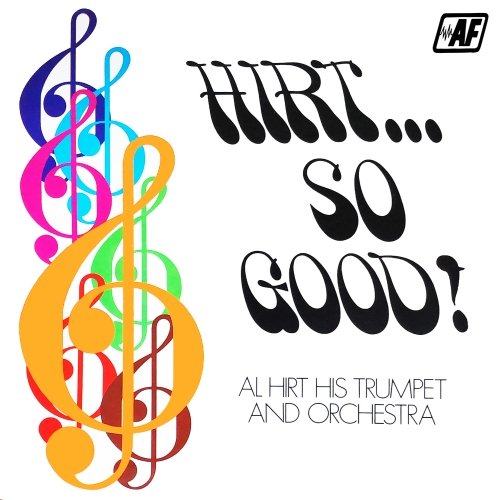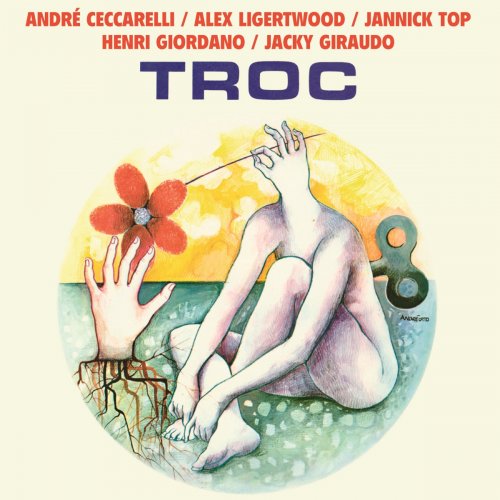Sir Roger Norrington & Zürcher Kammerorchester - Haydn: The Paris Symphonies (2015) [Hi-Res]
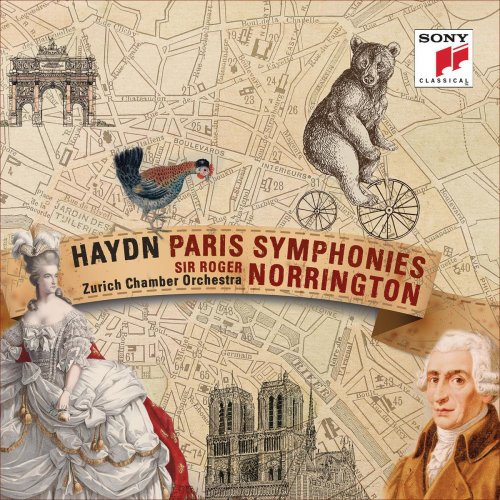
Artist: Sir Roger Norrington, Zürcher Kammerorchester
Title: Haydn: The Paris Symphonies
Year Of Release: 2015
Label: Sony Classical
Genre: Classical
Quality: flac 24bits - 88.2kHz
Total Time: 02:44:44
Total Size: 2.7 gb
WebSite: Album Preview
TracklistTitle: Haydn: The Paris Symphonies
Year Of Release: 2015
Label: Sony Classical
Genre: Classical
Quality: flac 24bits - 88.2kHz
Total Time: 02:44:44
Total Size: 2.7 gb
WebSite: Album Preview
---------
CD1
01. Symphony No. 87 in A Major, Hob. I:87: I. Vivace
02. Symphony No. 87 in A Major, Hob. I:87: II. Adagio
03. Symphony No. 87 in A Major, Hob. I:87: III. Menuetto
04. Symphony No. 87 in A Major, Hob. I:87: IV. Finale. Vivace
05. Symphony No. 85 in B-Flat Major, Hob. I:85, "La Reine": I. Adagio vivace
06. Symphony No. 85 in B-Flat Major, Hob. I:85, "La Reine": II. Romance. Allegretto
07. Symphony No. 85 in B-Flat Major, Hob. I:85, "La Reine": III. Menuetto. Allegretto
08. Symphony No. 85 in B-Flat Major, Hob. I:85, "La Reine": IV. Finale. Presto
CD2
01. Symphony No. 83 in G Minor, Hob. I:83, "La Poule": I. Allegro spiritoso
02. Symphony No. 83 in G Minor, Hob. I:83, "La Poule": II. Andante
03. Symphony No. 83 in G Minor, Hob. I:83, "La Poule": III. Menuetto. Allegretto-Trio
04. Symphony No. 83 in G Minor, Hob. I:83, "La Poule": IV. Finale. Vivace
05. Symphony No. 84 in E-Flat Major, Hob. I:84: I. Largo-Allegro
06. Symphony No. 84 in E-Flat Major, Hob. I:84: II. Andante
07. Symphony No. 84 in E-Flat Major, Hob. I:84: III. Menuetto. Allegro
08. Symphony No. 84 in E-Flat Major, Hob. I:84: IV. Finale. Vivace
CD3
01. Symphony No. 86 in D Major, Hob. I:86: I. Adagio-Allegro spiritoso
02. Symphony No. 86 in D Major, Hob. I:86: II. Capriccio. Largo
03. Symphony No. 86 in D Major, Hob. I:86: III. Menuetto. Allegretto
04. Symphony No. 86 in D Major, Hob. I:86: IV. Finale. Allegro con spirito
05. Symphony No. 82 in C Major, Hob. I:82, "L'Ours": I. Vivace assai
06. Symphony No. 82 in C Major, Hob. I:82, "L'Ours": II. Allegretto
07. Symphony No. 82 in C Major, Hob. I:82, "L'Ours": III. Menuetto
08. Symphony No. 82 in C Major, Hob. I:82, "L'Ours": IV. Finale. Vivace
Sir Roger Arthur Carver Norrington is one of the leaders and best-known figures of the British "authentic performances" movement.
Coming from a musical family, he was a boy soprano and began studying violin at age ten. He won choral scholarship at Clare College, Cambridge, where he studied English literature and, in addition to the required singing in the College chapel choir, played instrumental music and conducted.
He played violin and sang as a professional tenor part-time, while holding down a "day job" in publishing. He founded the Schütz Choir (named after Baroque composer Heinrich Schütz) in 1962. His turning point came when his employers sent him to work in Africa, where he couldn't continue his musical activities. He realized he missed them and decided to commit himself full-time to music.
He and the Schütz Choir gave innovative concerts, applying discoveries he and others made about performance practices of the time the music was written. When the Kent Opera was founded in 1969 he became its first music director, remaining in that position until 1984. While there, he introduced opera from a wide range of style periods. He presented Monteverdi's L'Incoronazoine di Poppea in his own realization, the first "authentic performances" version.
He found that professional players who normally used modern instruments were not necessarily masters of earlier-model versions of them. As others did in the 1970s, he founded a "period" or "authentic" instruments ensemble, the London Classical Players, in 1978. He had been music director of the London Baroque Players beginning in 1975, and wanted a similar orchestra using Classical-era instruments in music of roughly 1750 to 1825.
His performances of Beethoven, noted for striking qualities of wind playing and the rarely used faster tempos Beethoven indicated after the invention of the metronome, were revelatory and controversial. But his most revolutionary performances and recording were of Hector Berlioz's Symphonie Fantastique, released on the EMI label in 1989. This was among the first prominent attempts to apply "authentic performance" principles to Romantic-era music, and was a huge international hit. This led to his performances of more music of the period, often with the Orchestra of the Age of Enlightenment. (The London Classical Players disbanded in 1997.)
Norrington had already begun his famous Experience series at South Bank Centre in London. Each of these was a set of lectures, discussions, and performances closely examining a single work or group of works in their historical context.
Norrington did not become an exclusively early music or period instrument musician. He works with modern orchestras, both full sized and of chamber dimensions. He has been associate principal guest conductor of the London Philharmonic Orchestra, principal guest conductor of the Jerusalem Symphony, principal conductor of the Bournemouth Sinfonietta (1985-1988), and musical director of the Orchestra of St. Luke's in New York (1990-1998). In 1997 he was appointed music director of the Salzburg Camerata Academica and in 1998 principal conductor of the Stuttgart Radio Symphony Orchestra. He frequently conducts major orchestras and at opera houses of the world.
He has extended his work with the Stuttgart Radio Symphony Orchestra to include the symphonies of Bruckner, Brahms, and Mahler. In Stuttgart, he asks the musicians to play the German-based Classical and Romantic repertoire "in the way we have become accustomed on period instruments," an approach that is still new to German orchestras.
After a ten-year period as an exclusive EMI artist, he began recording for other labels as well, including RCA and Decca-London, for which he began recording a complete cycle of Vaughan Williams symphonies.
![Cimota - [ˈkɪmɔtɑː] (2026) [Hi-Res] Cimota - [ˈkɪmɔtɑː] (2026) [Hi-Res]](https://www.dibpic.com/uploads/posts/2026-01/1769770149_b9yit5jywtto9_600.jpg)
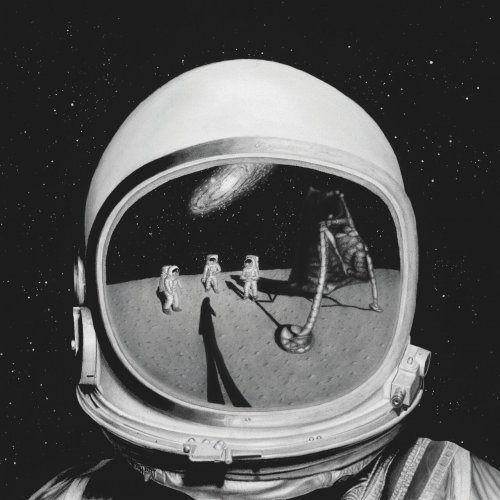
![Roland Kirk - We Free Kings (1961/2026) [Hi-Res] Roland Kirk - We Free Kings (1961/2026) [Hi-Res]](https://www.dibpic.com/uploads/posts/2026-01/1769717249_cover.jpg)
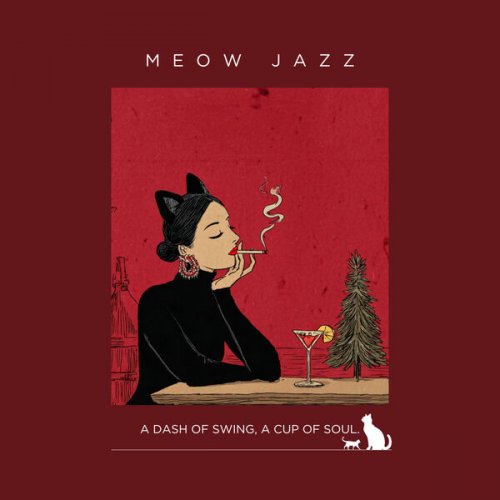
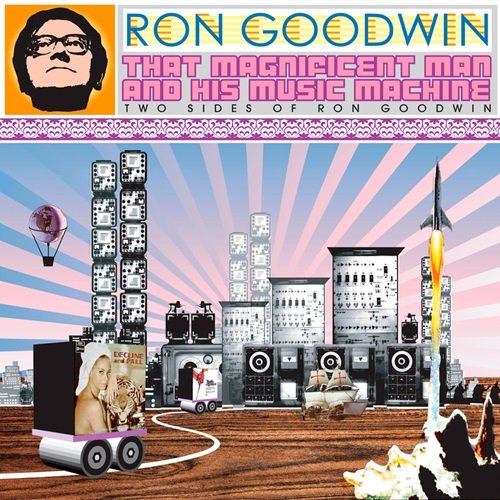
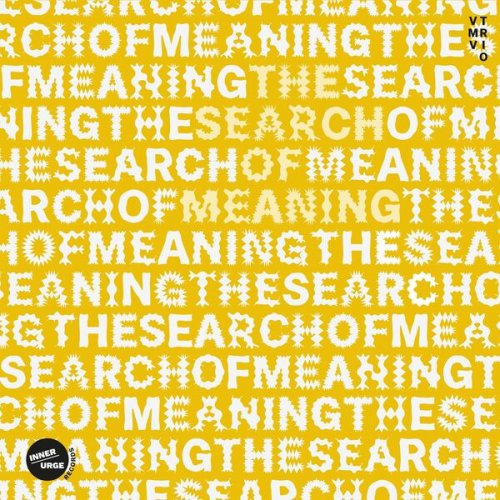
![Martin Wind - Stars (2026) [Hi-Res] Martin Wind - Stars (2026) [Hi-Res]](https://www.dibpic.com/uploads/posts/2026-01/1769707781_cover.jpg)
